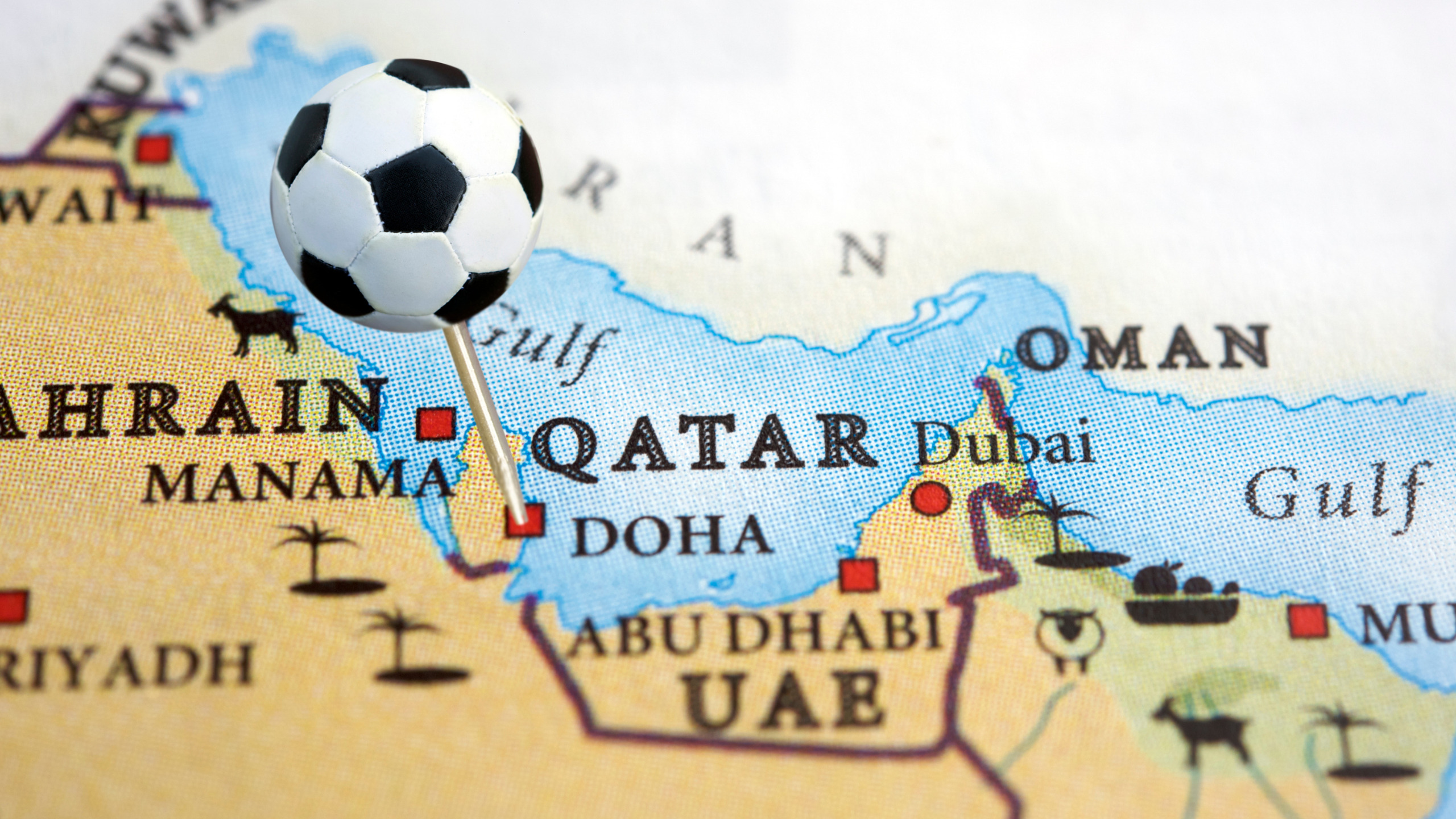Date first published: 01/12/2022
Key sectors: all
Key risks: regional stability; reputational risk
Risk development
The 2022 FIFA World Cup, the world’s most popular sporting event, kicked off in Qatar on 20 November surrounded by controversies. The working conditions of migrant workers, the country’s human rights record and the process to select the host have overshadowed the tournament, at least in Western countries where civil society organisations and politicians have called for a symbolic boycott of the competition, shining an unflattering spotlight on the Gulf nation.
Why it matters
Sports – particularly football – have long been used as tools to display a country’s influence and prestige. They can contribute considerably to the image and the popularity of a country, as do cultural factors. Qatar’s bid to host the World Cup was motivated by these considerations and it was part of a strategy to raise the country’s profile.
Although Qatar’s selection by FIFA in 2010 was highly controversial – with credible claims of bribery – the organisation of the World Cup in an Arab and Muslim country for the first time remains a significant achievement that puts Qatar in a prominent position on the international stage.
Background
While Qatar’s considerable hydrocarbon resources have allowed it to disproportionately project political and economic influence and power, investment in sports have also been central to Doha’s long-term strategy to diversify its economy and increase the country’s visibility. The purchase of Paris-based Paris Saint-Germain (PSG) football club in 2011 was the first notable and conspicuous such investment. If not a successful sporting project, PSG has undoubtedly been a political and reputational success. PSG’s home stadium has even been dubbed the unofficial Qatari embassy in France, where numerous French political figures regularly attend matches. Relations between Doha and Paris have continuously grown since the club’s takeover, with large purchases of French arms and industrials exports and with French politicians facilitating Qatari investments in Europe.
Regionally – and unlike most Gulf countries – Qatar does not systematically follow the lead of the Saudi-United Arab Emirates (UAE) axis. During the 2011 Arab Spring, tensions escalated between the two rivals due to their support for conflicting factions – most notably in Egypt where Qatar supported the Muslim Brotherhood. This resulted in a diplomatic crisis in June 2017 which led Saudi Arabia and its closest allies in the region to severe diplomatic ties with Doha and impose a blockade on Qatar which
continued until 2021. Qatar managed to mitigate the impact of these sanctions partly thanks to its international reach and to its trade relations with partners beyond the Arabian Peninsula.
Risk outlook
At first glance, it may look like the costs incurred – both financial and political – have far outweighed the potential benefits of hosting the tournament. However, although media attention has focused on international calls for boycott and critical assessments, it appears that there will be little – if any – substantial adverse impact on Qatar.
The recent 15-year deal with Germany – a leading critic of Qatar hosting the World Cup – for the provision of liquefied natural gas (LNG) and the United States (US) approval to sell advanced anti-drone systems to Doha demonstrate that international politics remain essentially interests-based, despite claims to the contrary. Qatar’s long-term gains for hosting the World Cup remains to be seen, with Doha hoping for a platform from which to assert greater influence in the region.



